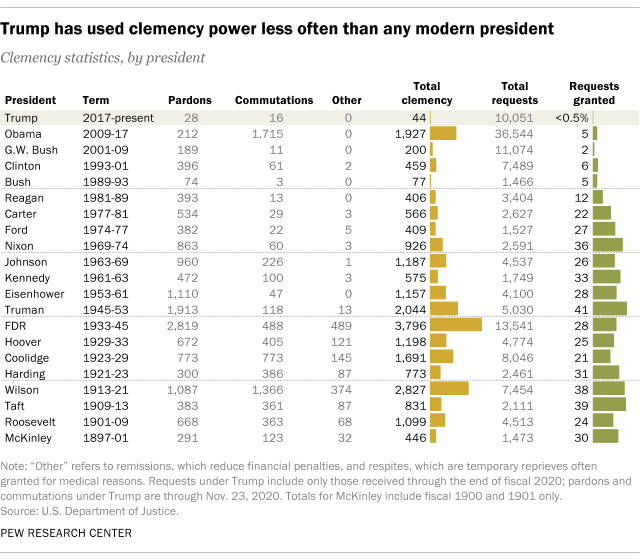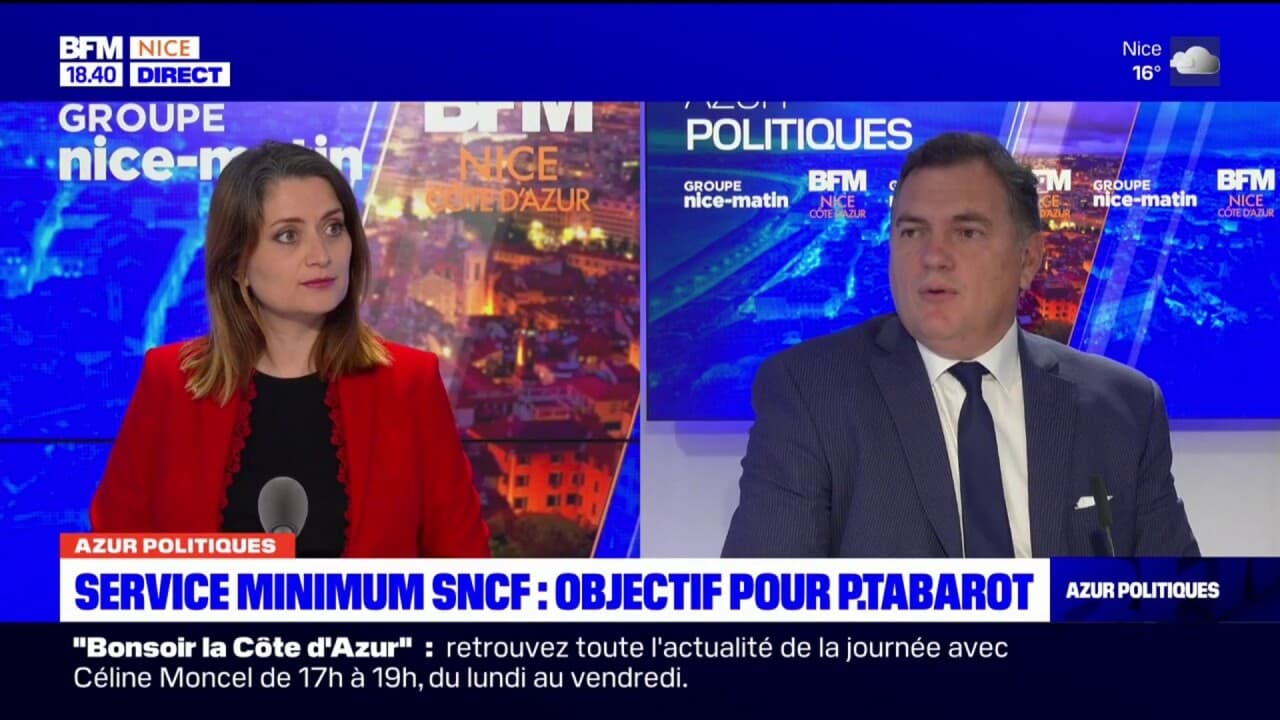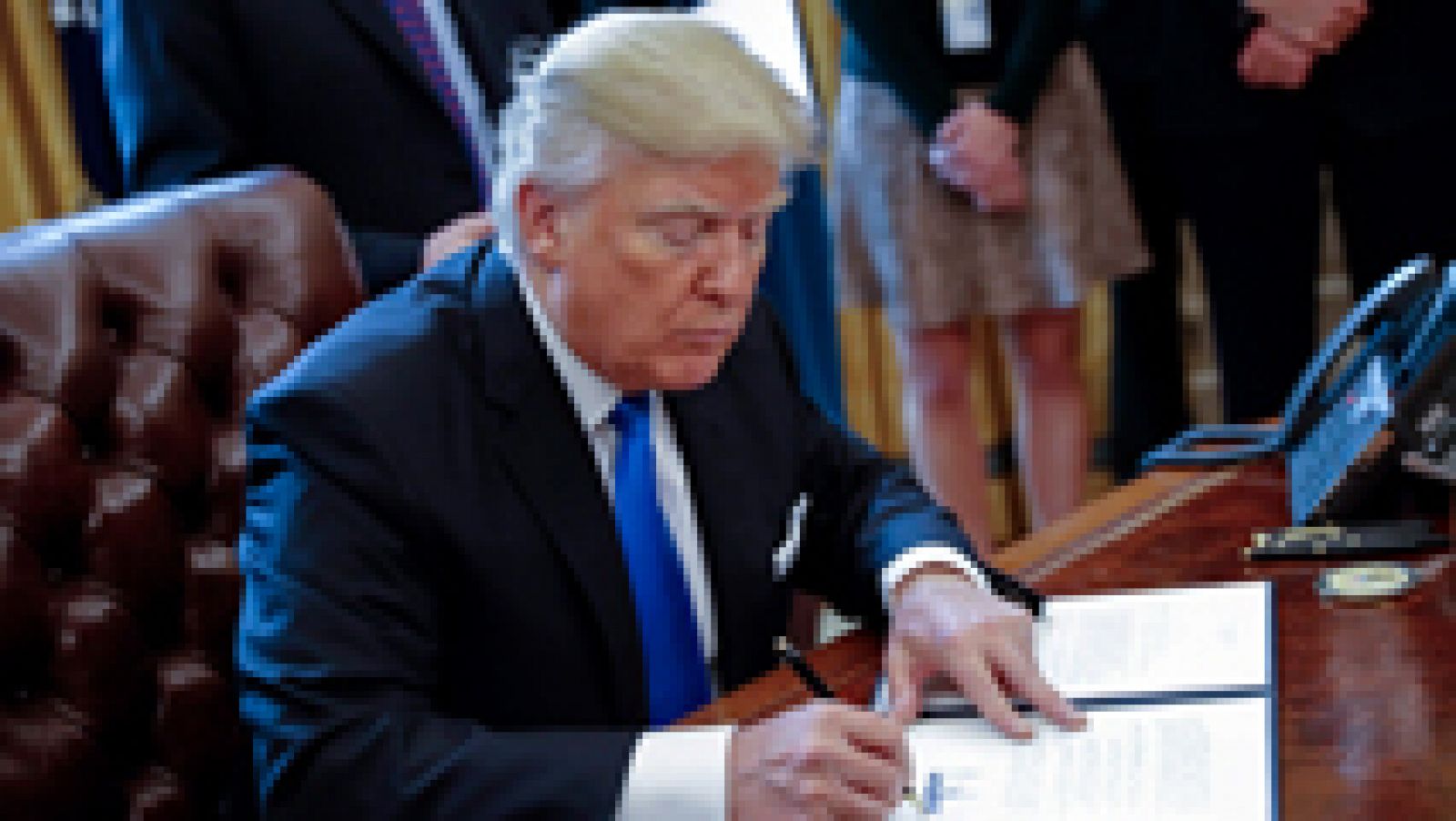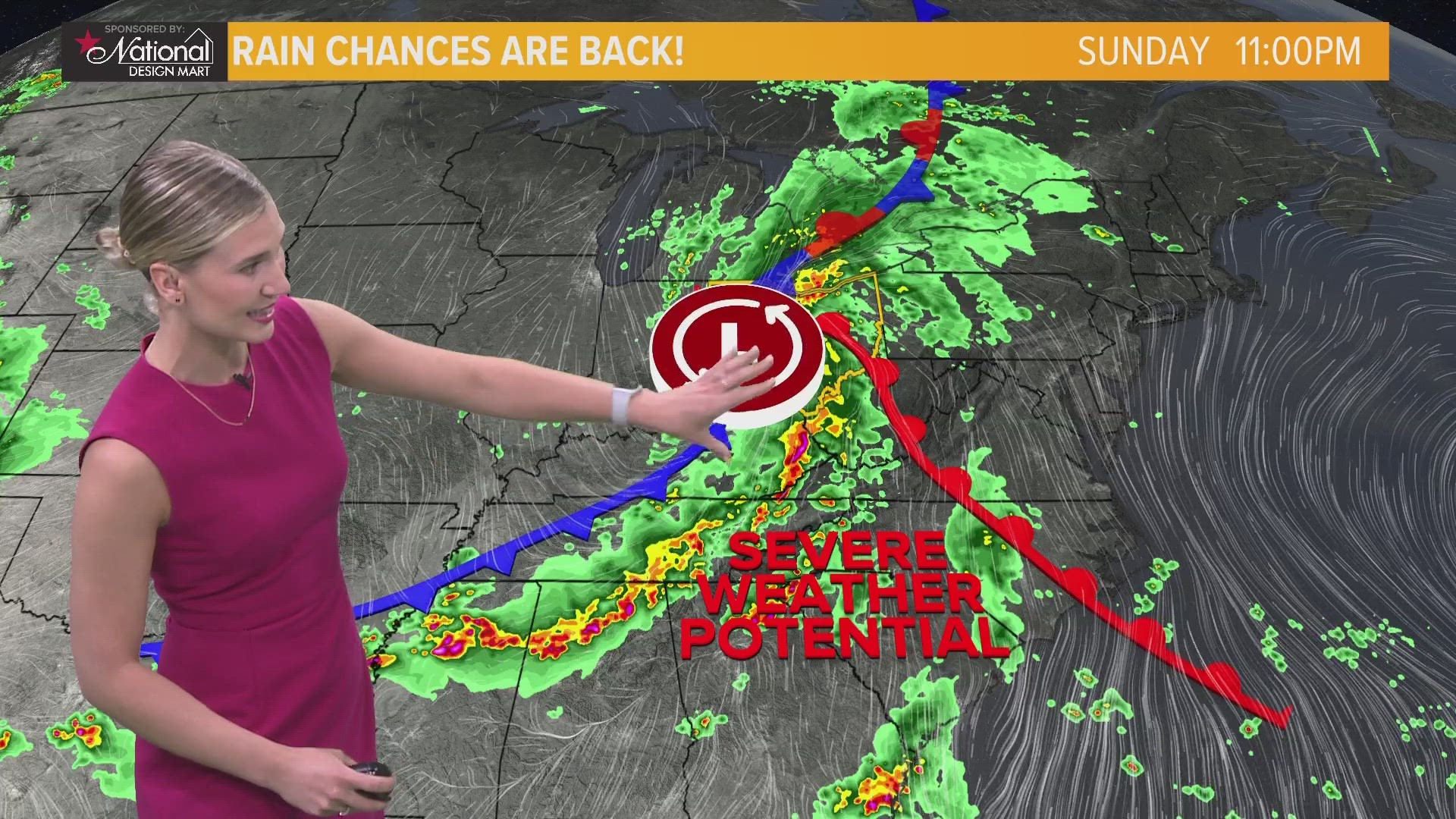26 Receive Clemency From Trump, Including High-Profile Cases

Table of Contents
Understanding Presidential Clemency: Pardons and Commutations
Presidential clemency represents a powerful tool within the US justice system. It encompasses two key actions: pardons and commutations. A pardon completely forgives a federal crime, restoring all rights and privileges lost due to the conviction. A commutation, on the other hand, reduces a sentence, potentially altering prison time, fines, or other penalties, but doesn't erase the conviction itself.
The process of obtaining presidential clemency is complex. Individuals typically apply through the Department of Justice (DOJ), submitting detailed applications that outline their case, remorse, and reasons for seeking clemency. The DOJ then reviews these applications, often conducting thorough investigations before making recommendations to the President. The President ultimately holds the sole authority to grant or deny clemency, a decision often influenced by various factors including public opinion, political considerations, and personal beliefs.
Historically, presidential clemency has been utilized for various reasons, from correcting unjust convictions to rewarding political loyalty. However, the frequency and nature of clemency granted can vary significantly between presidencies, reflecting differing approaches to the exercise of this power.
- Pardons vs. Commutations: Key distinctions: Pardons erase the conviction; commutations reduce the sentence.
- The role of the Department of Justice in the process: The DOJ investigates and recommends on applications.
- Notable historical examples of presidential clemency: Ford's pardon of Nixon remains one of the most debated examples.
High-Profile Cases of Clemency Granted by Trump
Several high-profile cases highlight the controversial nature of Trump's use of clemency. Let's examine a few:
-
Roger Stone: A long-time political associate of Donald Trump, Stone was convicted on charges related to the Mueller investigation. His sentence was commuted by Trump, sparking accusations of political favoritism.
- Nature of the crime(s): Obstruction of justice, witness tampering, and making false statements.
- Sentence before clemency: 40 months in prison.
- Reasoning provided by the Trump administration for granting clemency: Claimed that the sentence was excessive and politically motivated.
- Public reaction and media coverage: Widely criticized as an abuse of power.
-
Michael Flynn: Trump's former National Security Advisor, Flynn pleaded guilty to lying to the FBI. His sentence was later commuted.
- Nature of the crime(s): Lying to the FBI.
- Sentence before clemency: One year of probation.
- Reasoning provided by the Trump administration for granting clemency: Claimed he was a victim of a "witch hunt."
- Public reaction and media coverage: Fueled ongoing debates about the fairness of the justice system.
-
Paul Manafort: Trump's former campaign chairman, Manafort was convicted on multiple financial crimes. He received a sentence commutation.
- Nature of the crime(s): Tax fraud, conspiracy against the United States.
- Sentence before clemency: 7.5 years in prison.
- Reasoning provided by the Trump administration for granting clemency: Cited his lengthy sentence and cooperation with authorities.
- Public reaction and media coverage: Seen as another instance of political interference.
(Note: This section would include similar bullet point breakdowns for at least two more high-profile cases. Hyperlinks to relevant news articles and court documents would be inserted for each individual.)
The Controversy Surrounding Trump's Use of Clemency
Trump's use of clemency power faced significant criticism. Accusations of political favoritism, undermining the justice system, and ignoring due process dominated public discourse. Critics argued that the grants lacked transparency, prioritized loyalty over justice, and potentially emboldened future criminal behavior.
Conversely, some defended the decisions, arguing that the justice system often imposes overly harsh sentences and that the president has the right to show mercy. They also pointed to instances where individuals may have served excessive time for their crimes. The ethical and legal implications of these choices remain highly debated, with long-term consequences uncertain.
- Accusations of political motivations: Clemency grants to political allies sparked concerns about biased application of justice.
- Concerns about undermining the justice system: Critics argued that such actions weakened public confidence in the legal process.
- Arguments in defense of the clemency decisions: Supporters cited instances of unfair sentencing and the president's prerogative of mercy.
- Impact on public trust in the presidency: The controversies significantly affected public perception of the presidency.
The Long-Term Impact of these Clemency Grants
The long-term ramifications of these 26 clemency grants remain to be seen. However, they undoubtedly set precedents for future administrations, impacting how executive clemency is perceived and utilized. The decisions could influence future legal challenges to presidential power, as well as the public's trust in the justice system. Furthermore, the potential for further legal challenges to these specific cases remains a significant consideration.
- Precedent for future clemency decisions: The Trump administration's approach will likely shape future presidential actions.
- Impact on public perception of the justice system: Public trust in the fairness and impartiality of the system has been affected.
- Potential legal challenges: Legal battles challenging the legality of these actions are possible.
- Influence on future presidential actions: Future presidents might follow a similar pattern or take a different approach.
Conclusion
The 26 clemency grants issued by the Trump administration represent a significant event in American jurisprudence, raising important questions about executive power, justice, and the balance between mercy and accountability. The controversies surrounding these decisions highlight the enduring tension between the president's authority and the need to maintain public confidence in the legal system. The long-term implications remain significant, underscoring the need for ongoing discussion and analysis of the intricacies of presidential clemency. To further understand Trump's use of presidential clemency and its continuing implications, explore related resources and participate in informed conversations.

Featured Posts
-
 Reactions A La Greve Sncf Philippe Tabarot S Exprime Sur Les Revendications
May 30, 2025
Reactions A La Greve Sncf Philippe Tabarot S Exprime Sur Les Revendications
May 30, 2025 -
 Chokskifte Og Dolbergs Malscorer Potentiale 25 Mal Eller Mere
May 30, 2025
Chokskifte Og Dolbergs Malscorer Potentiale 25 Mal Eller Mere
May 30, 2025 -
 Monte Carlo Masters Alcarazs Impressive Comeback Triumph
May 30, 2025
Monte Carlo Masters Alcarazs Impressive Comeback Triumph
May 30, 2025 -
 Trump Contra Ticketmaster Nueva Orden Ejecutiva Para Regular La Reventa De Entradas
May 30, 2025
Trump Contra Ticketmaster Nueva Orden Ejecutiva Para Regular La Reventa De Entradas
May 30, 2025 -
 Annulation A69 Le Gouvernement Depose Un Recours Pour Reprendre Les Travaux
May 30, 2025
Annulation A69 Le Gouvernement Depose Un Recours Pour Reprendre Les Travaux
May 30, 2025
Latest Posts
-
 Where To Watch Kansas City Royals Games On Cbs And Kctv 5
May 31, 2025
Where To Watch Kansas City Royals Games On Cbs And Kctv 5
May 31, 2025 -
 Active Vs Expired Storm Alerts A Guide For Carolinas Residents
May 31, 2025
Active Vs Expired Storm Alerts A Guide For Carolinas Residents
May 31, 2025 -
 Staying Safe During Carolinas Storms A Guide To Interpreting Weather Alerts
May 31, 2025
Staying Safe During Carolinas Storms A Guide To Interpreting Weather Alerts
May 31, 2025 -
 Rain And Storms Forecast For Northeast Ohio Your Detailed Umbrella Guide
May 31, 2025
Rain And Storms Forecast For Northeast Ohio Your Detailed Umbrella Guide
May 31, 2025 -
 Carolinas Storm Alert System Understanding Active And Expired Weather Warnings
May 31, 2025
Carolinas Storm Alert System Understanding Active And Expired Weather Warnings
May 31, 2025
